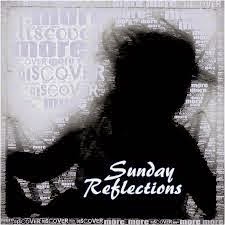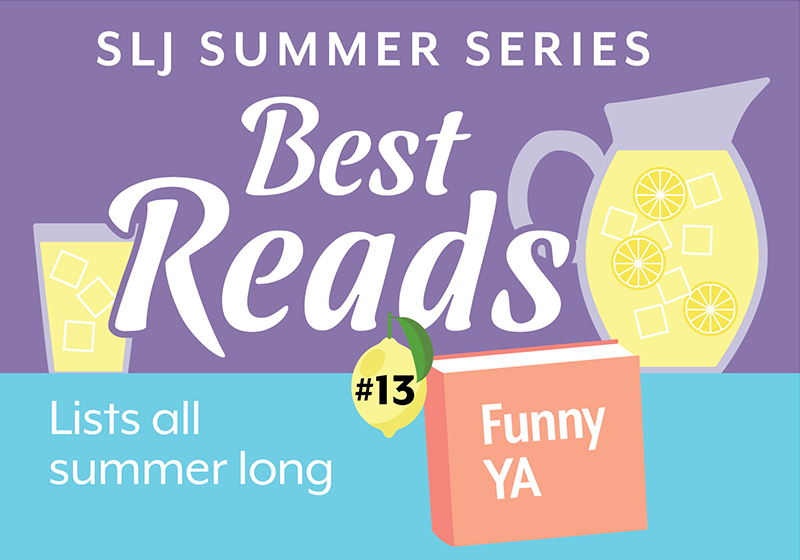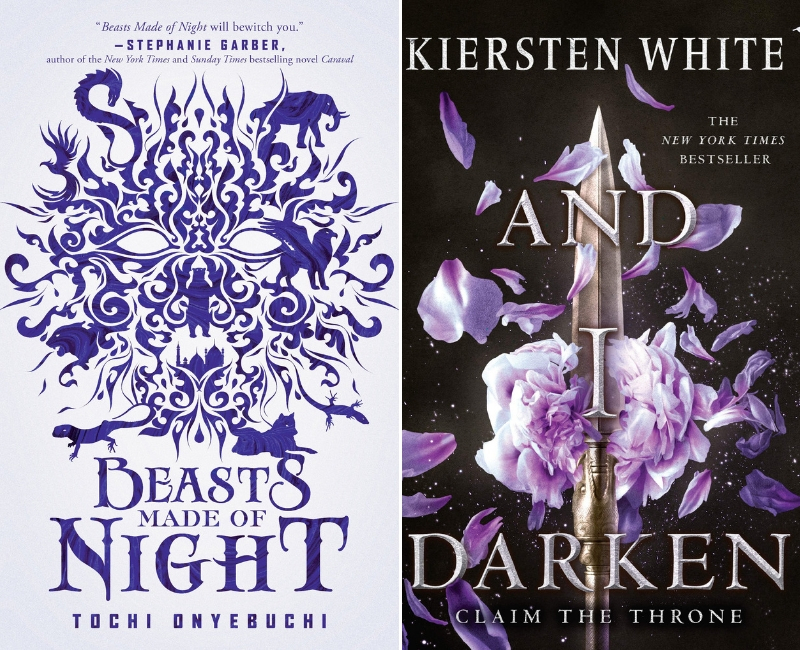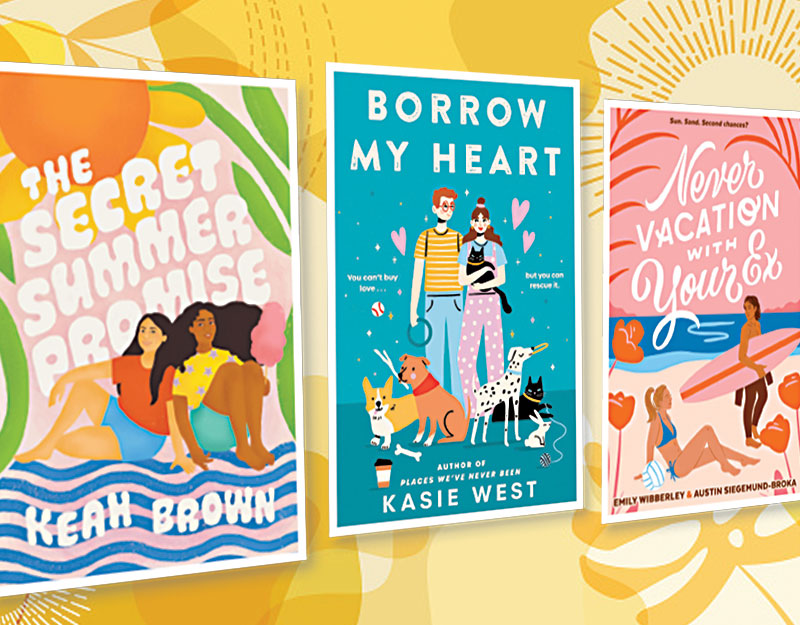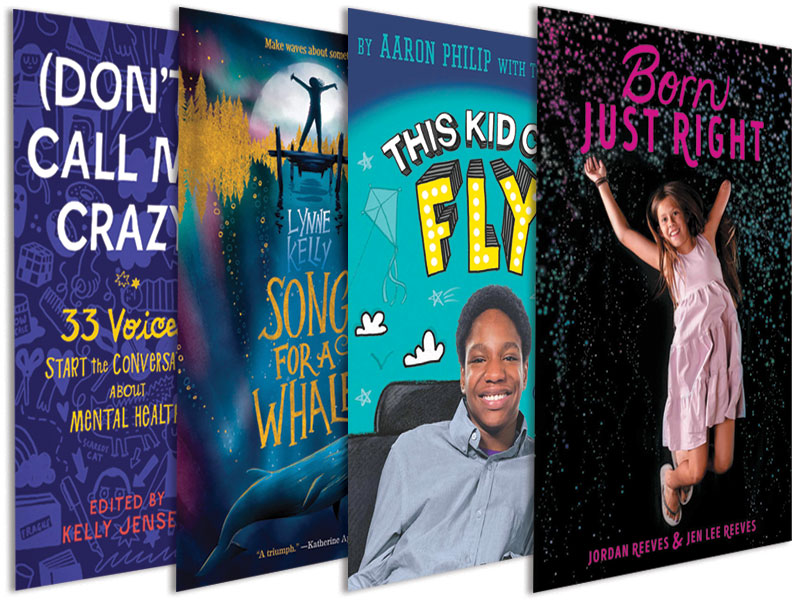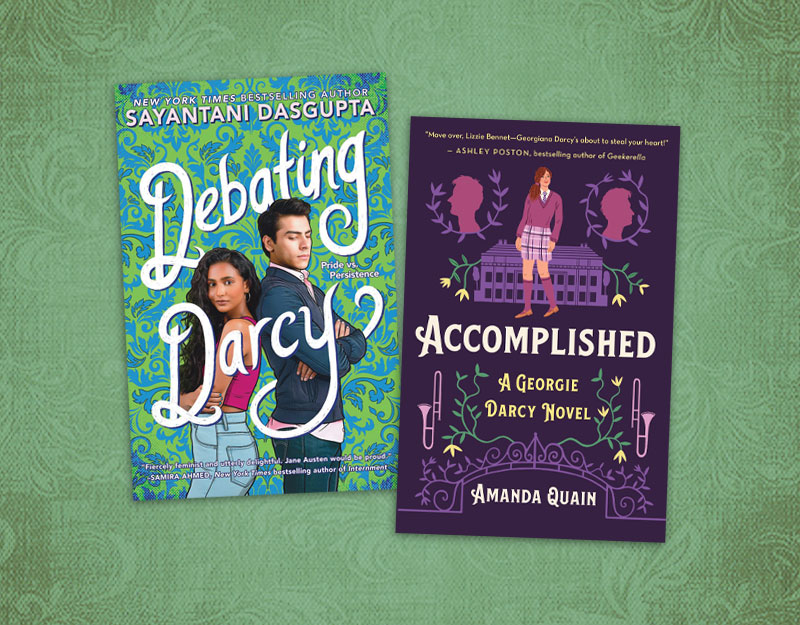Sunday Reflections: “I Saved Myself”
My two young daughters love fairy tales and princess stories. There’s drama, sparkle, action, and a happy ending. Throw a few fluffy dresses and sparkly scarves their way for easy reenactments at home, and what’s not to love? Of course there are problems with the princess fairy tale trope, but when you’re four and The Force is strong, they’re hard to resist, and there are plenty good reasons not to resist.
My four year old, in particular, is in the grips right now. Her role play over the past year has waxed and waned, but at its peak, she was a princess most days, and I was sometimes the witch, the prince, the snowman, the queen, or the sister. Playing on the playground, if I caught her as she slipped off the monkey bars, she would gratefully and gleefully exclaim, “Mama, you saved me! You’re my hero!” When your day in and day out involves cajoling to accept the sandwich you’ve already made, attempts at reason in order to get weather appropriate footwear on in less than half an hour, and nightly deep breathing exercises to get through tooth brushing, being called a hero could easily be the highlight of your day.
So this is what she likes. This is what she’s into. In my professional life, “Never apologize for your reading taste” is one of my mantras. And at home, it has become “never apologize for your taste in creative play.” However. This hero worship, this sense of finding solace and comfort and joy in being saved, had, like the tiny pebble in my shoe, felt wrong to begin with and continued to feel wronger. I also subscribe to the “add, don’t subtract” method of raising broadly thinking, feminist kids, and one day about a year ago, the opportunity to add struck.
ADVERTISEMENT
ADVERTISEMENT
We were walking in our neighborhood, and my girl’s toe caught on the jutting corner of a broken sidewalk block. She stumbled and heaved forward. With arms outstretched and windmilling, she peddled her feet and propelled herself into the grass, where she landed on all fours. All the while, I was reaching for her, trying to catch her before those soft knees collided with the grit and sharp angles of the sidewalk. She stood up, and shaken, looked at me with eyes ready to spill over. In a flash, the words poured out. “Sweetheart! You saved yourself! You’re your hero!”
“No!” she cried, “I’m not a hero, I fell!”
“But look!” I told her, “You’re ok – you caught yourself!” I went on, babbling about how she figured out how not to get hurt. Told her heroes fall too, but then they get up. And that she saved herself, all by herself! That’s what heroes do. Good job!

I could tell it wasn’t sitting comfortably with her. Heroes were big and strong and… usually made out of pen and ink or computer animation. And she was a person, a tiny, girl shaped person. But the logic prevailed. Heroes save people from getting hurt. Her actions had kept her from getting hurt. Ergo, she had done what heroes do, which must have made her a hero.
A year later, this seems to have stuck. She still tells me, “I saved myself!” on the playground or while accidentally skipping a step on the stairs. “Mama, I was scared in the dark, but then I turned on my light and saved myself.” I desperately hope that she will continue to save herself when someone is unkind at school, when she’s presented with difficult choices as a tween, and when in romantic relationships later in her life.
After I read Liz Burns’ refreshing and persuasive thoughts on Princess Shaming the other day, I chatted with my girls. “How strong do you think princesses are? How brave? How smart? How important?” I asked each of them. My first grader said, “only a little” to all my questions. She likes Rapunzel the best, because her long is cool hair, though her own hair has been – to her relief and glee – cut into a punky little pixie for months. But my little one, the one who is well accustomed to saving herself, told me princesses are very strong, very powerful, very smart, very brave. I think more of this has to do with their own personalities, and the fact that my older daughter is now exposed to lots of other people’s imaginary play in school, so princesses have started to retreat into secondary roles to those heroes who loudly announce themselves as such. But I’d like to think that introducing the idea that princesses can do their own saving, has helped a little too.
To relate this back to our library work, I try to remember that our own preferences for stories are so personal. And that there’s not our job as librarians to shift our readers’ preferences. With my daughter, it was clear that she loves a heroic rescue aspect in her princess stories. So introducing another way to look at that rescue fell directly in line with what she likes, yet still broadened her range of possible stories. When we move readers from one genre to another, we need to keep their preferences in mind, not ours.
Filed under: Uncategorized
About Heather Booth
Heather Booth has worked in libraries since 2001 and am the author of Serving Teens Through Reader’s Advisory (ALA Editions, 2007) and the editor of The Whole Library Handbook: Teen Servcies along with Karen Jensen.
ADVERTISEMENT
ADVERTISEMENT
SLJ Blog Network
The Moral Dilemma of THE MONSTER AT THE END OF THIS BOOK
Cover Reveal and Q&A: The One and Only Googoosh with Azadeh Westergaard
K is in Trouble | Review
Parsing Religion in Public Schools
ADVERTISEMENT


